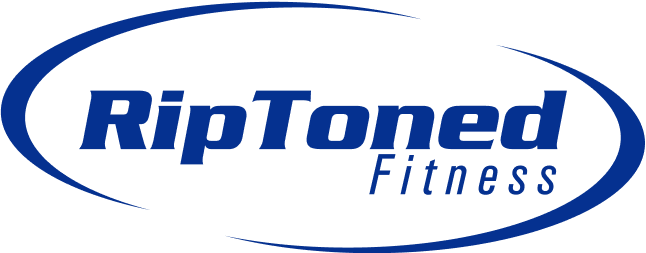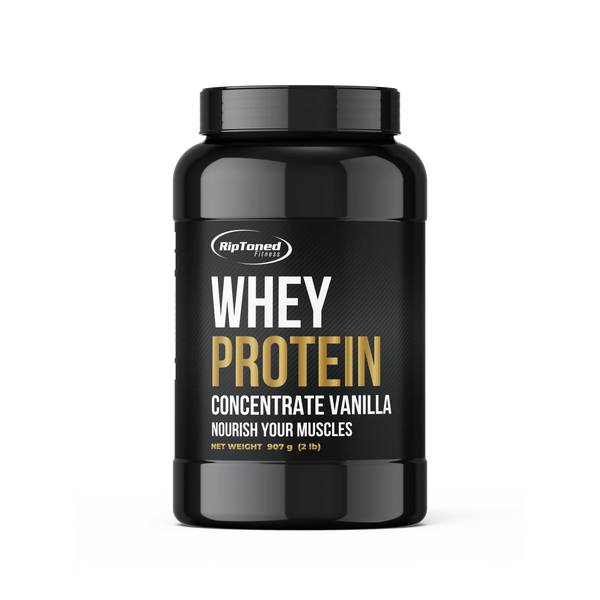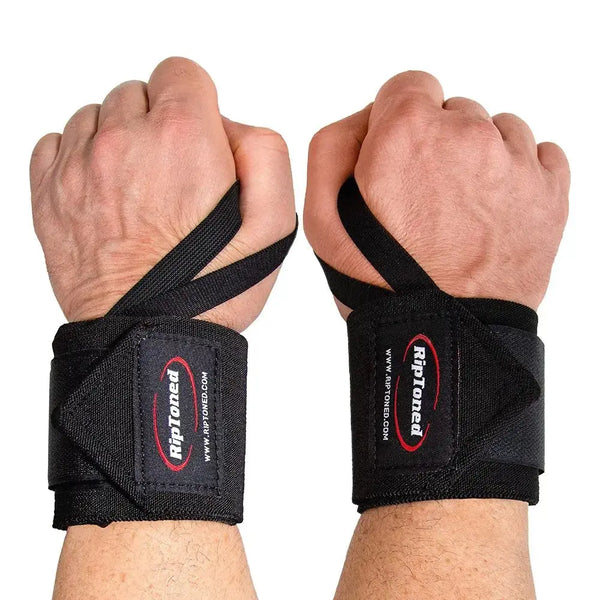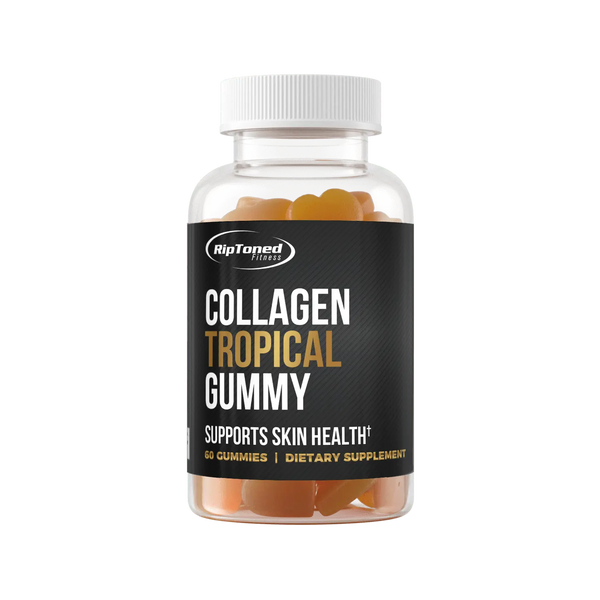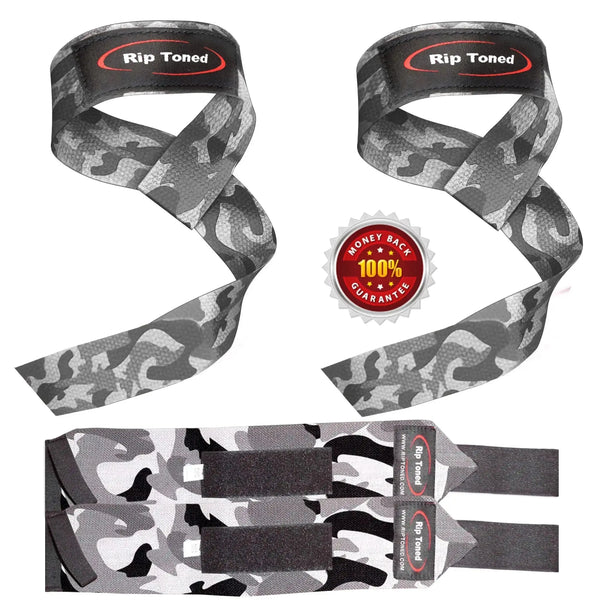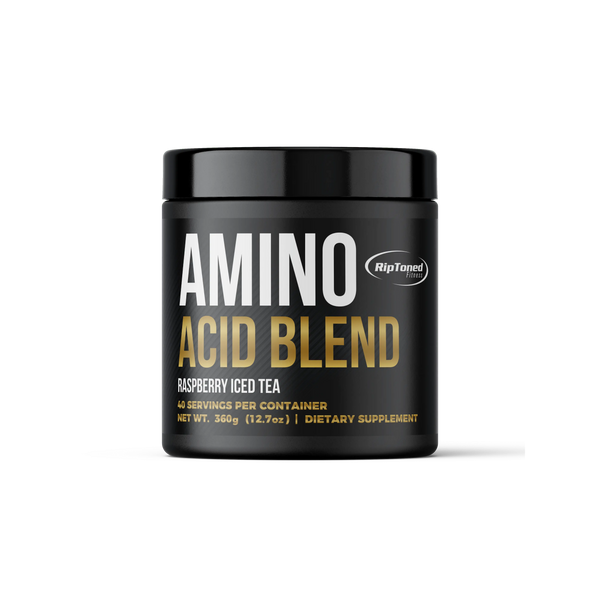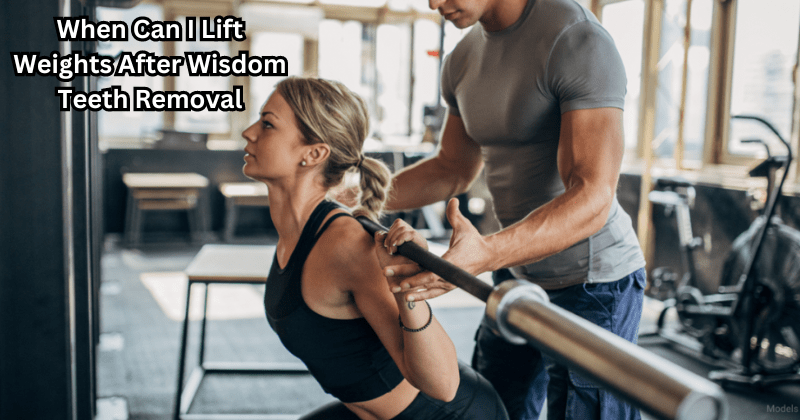
When Can I Lift Weights After Wisdom Teeth Removal
Mark PasayShare
Navigating the delicate balance between post-operative care and fitness aspirations, the question of when to resume weightlifting after wisdom teeth removal emerges as a pivotal concern for many.
As individuals strive to maintain their physical well-being amidst recovery, understanding the optimal time to reintroduce weight training into their routine becomes paramount.
Delving into this intersection of oral health and exercise, we explore the considerations and guidelines surrounding this crucial decision.
Join us on a journey through expert advice and practical insights on navigating the post-wisdom teeth removal period with a focus on safely reincorporating weightlifting activities, ensuring a harmonious synergy between healing and fitness pursuits.
The Importance of Rest After Tooth Extraction
Before diving into the specifics of weightlifting after wisdom teeth removal, it is essential to understand the importance of rest and the proper healing process during this recovery period. Wisdom tooth extraction is a form of oral surgery that involves removing one or more problematic molars at the back of your mouth. This procedure requires an incision in the gums, resulting in an open wound that needs time to heal properly.
While physical activity is beneficial for overall health, engaging in vigorous exercise too soon after wisdom teeth removal can impede healing and increase the risk of complications such as bleeding, infection, dry socket, and delayed jawbone healing. Furthermore, strenuous physical activity can cause discomfort, pain, and soreness in the extraction site, hindering proper rest and recovery.
Therefore, it is crucial to prioritize rest after wisdom teeth removal to allow your body to heal properly and prevent any setbacks or complications.
What is Wisdom Teeth?
Wisdom teeth, also known as third molars, are the last set of teeth to emerge in the mouth and typically appear between the ages of 17-25. These large molars were crucial for our ancestors, who needed them to grind tough foods like roots, nuts, and meats.
However, with advancements in diet and dental hygiene practices, most people no longer need wisdom teeth for eating. As a result, wisdom teeth can cause problems when they erupt or fail to grow correctly due to lack of space in the mouth. Intense exercise raises blood pressure and can increase the risk of bleeding, and any forceful actions can dislodge blood clots or stitches that are still in place. Therefore, having wisdom teeth removed can be an unpleasant experience and requires delicate care to promote healing.
When Can I Lift Weights After Wisdom Teeth Removal?
The timeline for resuming weightlifting after wisdom teeth removal can vary depending on individual factors such as the complexity of the extraction, age, overall health, and healing progression. In general, it is best to wait at least one week before gradually reintroducing weight training into your routine.
During this first week, focus on resting and allowing your body to heal properly without added stress or strain from physical activity. After one week, you can slowly start incorporating light activities like walking or gentle yoga into your day. If you experience any discomfort or pain during these activities, it is best to give your body more time to recover before resuming weight lifting.
Once you feel comfortable with light activities, you can begin to increase the intensity and duration of your workouts gradually. It is essential to listen to your body during this recovery period and not push yourself too hard, as it can impede healing and increase the risk of complications.
Factors That Determine When To Resume Weightlifting
The timeline for when you can start lifting weights after wisdom teeth removal may vary depending on several factors, including:
The complexity of the extraction:
If your wisdom teeth were impacted or required a surgical procedure, you may need more time to heal before resuming physical activity.
Age:
As we age, our bodies take longer to heal, so older individuals may need more time before reintroducing weightlifting activities into their routines.
Overall health:
If you have any underlying health conditions or are taking medications that can affect healing, it is crucial to consult with your oral surgeon before resuming weight training.
Healing progression:
Each person's body heals at its own pace. It is essential to listen to your body and not rush into weightlifting until you feel comfortable and without severe pain or discomfort.
Related Products
A few more days of rest may be necessary to promote healing and reduce the risk of complications. Therefore, the exercise routine resumption timeline may vary from person to person. It is best to consult with your oral surgeon for personalized advice.
Tips for Safe Weightlifting After Wisdom Teeth Removal
When you resume weightlifting after wisdom teeth removal, it is essential to take precautions to ensure a safe and quick recovery. Some tips to keep in mind include:
- Start slow: Begin with light weights and gradually increase the intensity and duration of your workouts over time.
- Listen to your body: If you experience discomfort or pain during exercise, stop immediately and allow your body more time to recover.
- Stay hydrated: Drinking plenty of water can help keep the muscles and tissues around the extraction site healthy and aid in healing.
- Avoid strenuous exercises that involve your mouth: Activities like heavy squats or bench presses put pressure on the jaw, which can cause discomfort and hinder proper healing. Therefore, it is best to avoid these types of exercises until you have fully recovered.
Yoga, stretching, and lifting light weights are an excellent way to get started. Start with a low weight and gradually increase it as your body adjusts to physical activity.
Activities to Avoid During Recovery
During the recovery period following wisdom teeth removal, it's crucial to prioritize rest and allow your body ample time to heal.
Engaging in certain activities can potentially impede the recovery process and increase discomfort. To ensure a smooth and uneventful healing journey, it is advisable to avoid strenuous physical activities such as intense exercise, heavy lifting, and vigorous sports that could put a strain on the surgical sites and disrupt blood clot formation.
Additionally, refraining from smoking, using straws, and consuming hard or sticky foods can aid in preventing complications like dry sockets and infection. By conscientiously steering clear of these activities, you pave the way for a speedier and more comfortable recovery from wisdom teeth extraction.
Nutrition and Oral Hygiene Tips for Faster Recovery
In addition to rest and avoiding strenuous activities, proper nutrition, and oral hygiene is crucial for a quick recovery after wisdom teeth removal. Some tips to keep in mind include:
- Stick to soft foods: During the first few days after surgery, stick to soft foods like soups, smoothies, and mashed potatoes that are easy on your mouth.
- Avoid spicy or acidic foods: These can irritate the extraction site and cause discomfort.
- Rinse with warm salt water: Gently rinsing your mouth with warm saltwater can help keep the extraction site clean and promote healing.
- Continue brushing your teeth but avoid the extraction site: It is important to maintain good oral hygiene, but be gentle and avoid brushing the extraction site for at least 24 hours after surgery.
- Take prescribed medication as directed: If your oral surgeon prescribes pain medication or antibiotics, take them as directed to manage pain and prevent infection.
FAQs
When is a dry socket no longer a risk?
A dry socket typically occurs within the first week after wisdom teeth removal. After this period, the risk of developing a dry socket significantly decreases. However, it is essential to continue following proper oral hygiene and avoiding strenuous activities until you have fully healed to reduce any potential risks.
Is it safe to lift weights after having my upper wisdom teeth removed?
Following the extraction of upper wisdom teeth, it's advisable to refrain from weightlifting to prevent any potential strain on the surgical sites, which could lead to delayed healing.
What is the highest risk day for dry sockets?
The first 3-4 days after wisdom teeth removal are considered the highest risk for developing dry sockets. It is crucial to follow all post-operative instructions and avoid activities that could disrupt blood clots during this period to reduce the chance of dry sockets.
How soon can I resume weightlifting after getting my wisdom teeth removed?
It's generally recommended to wait at least a week before reintroducing weightlifting activities post-wisdom teeth removal to allow for proper healing and minimize the risk of complications.
Conclusion
In conclusion, the decision of when to resume weightlifting after wisdom teeth removal is a crucial aspect of post-operative care that requires careful consideration. By heeding the recommended guidelines and allowing ample time for proper healing, individuals can mitigate the risk of complications such as delayed healing and discomfort.
Patience and attentiveness to your body's signals are key in determining the appropriate timing for reintroducing weightlifting activities. Striking a balance between fitness goals and oral health is essential to ensure a smooth recovery and minimize potential setbacks.
Embracing a gradual approach to resuming weightlifting post-surgery ultimately supports a holistic journey toward optimal well-being.

Related Posts
-
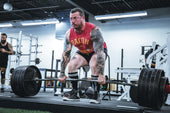
POWERLIFTING THE RIGHT WAY
-
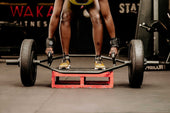
Unlock Your Strength Potential: Conquer Weak Grip Strength Now
-
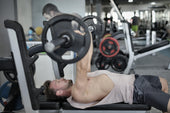
Bench Press to Success - Mastering your form
-
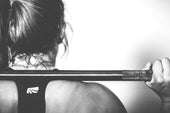
5 Tips for Women to Build Lean Muscle Tone in 2024
-
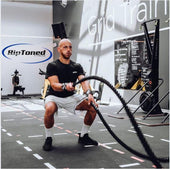
How to Get the Most Out of a Lifting Session
-

Working Out Under the Weather
-

The Lesser-known Benefits of Weightlifting
-

How Weight Training Supports Immune Health
-

The History of Weightlifting
-

Rest up to build up
-

4 Tips to Improve Lifting Gains The Right Way
-

4 Tips to Prevent Training Injuries
-

Top 3 Work Out Myths EXPOSED!!
-

Common Lifting Injuries (And How to Avoid Them)
-
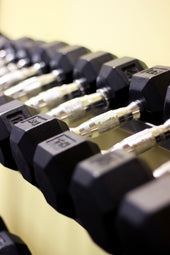
Hit the Gym or Stay at Home?
-
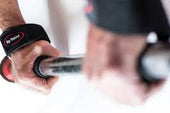
Weightlifting Benefits – Many Health Benefits for Men and Women
-

How Many Times a Week Should I Deadlift? A Guide to Deadlift Frequency and Programming
-

Can Deadlifts Hurt Your Back? Understanding Risks and Prevention
-

Why Does Whey Protein Make Me Sick
-

Can Protein Powder Upset Your Stomach
-

What To Mix Unflavored Protein Powder With
-

Crush Your PRs: The Gradual Strength Increase Guide for CrossFitters
-

Whey vs Collagen Protein: Which Is Best for You?
-

Can I Take Whey Protein Without Working Out? What You Need to Know
-

Why Does Whey Protein Hurt My Stomach: Causes and Solutions
-

Boost Your Run: Should You Take Pre-Workout Before Running?
-

Top Pre-Workout Benefits: Boost Energy and Enhance Performance
-
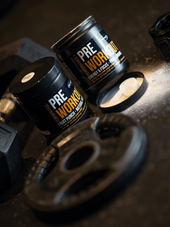
How Long Does Pre-Workout Take to Kick In? Find Out Here!
-
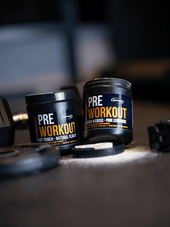
How Long Does Pre-Workout Last? Your Essential Guide
-

Does Pre-Workout Give You Pimples
-

How Long Does Pre-Workout Stay in Your System
-

When Should I Take Pre-Workout
-

Can I Mix Creatine With Pre-Workout
-

Long Term Side Effects of Pre-Workout Supplements
-

How Much Caffeine in Pre-Workout
-

Pre-Workout Alternatives
-

Does Pre-Workout Break a Fast
-

What to Eat Pre-Workout
-

What is In Pre-Workout
-

Advantages of Pre Workout Supplements
-

How To Get Rid Of Pre Workout Itch
-

How To Make Your Own Pre Workout
-

How Many Scoops Of Pre Workout Should I Take
-

How Bad Are Pre Workouts For You
-

How Long Before A Workout Should I Take Pre-Workout
-

How Much Caffeine Is In Bucked Up Pre Workout
-

How Long Does Pre Workout Increase Blood Pressure
-

What Does Pre Workout Do
-

Can I Use Sprite As Pre Workout
-

Can Supplements Boost Weightlifting Motivation
-

Why Do Weightlifters Wear Belts
-

Does Lifting Weights Cause Varicose Veins? What You Need to Know
-

Does Lifting Weights Affect Uterus Health? What Women Need to Know
-

How Lifting Weights Can Affect Your Sex Drive: Does Lifting Weights Make You Horny?
-

Why Don't I Sweat When I Lift Weights? Understanding the Causes
-

Why Are Physical Fitness Attitudes Important? Insights & Benefits
-

Why is Anytime Fitness So Expensive? Understanding Membership Costs
-

Substitute For Whey Protein Powder In Keto Baking
-

How Many Calories Does 1 Hour of Weightlifting Burn
-

A Guide To Cleaner Protein Supplementation
-

What Causes The Frothiness in Your Fitness Drink
-

How to Take Collagen Safely After a Gastric Bypass: Essential Tips
-

Why Do Protein Shakes Make Me Nauseous? Top Reasons and Solutions
-

Why Does My Stomach Hurt After Protein Shake? Understanding Your Digestive Discomfort
-

Can I Take Collagen After Gastric Bypass
-

Why Does My Protein Shake Foam
-

Best Belt for CrossFit: Complete Guide 2025
-

Rip Toned vs SBD Belts: Which Brand Offers Better Value and Performance?
-

The Complete Guide to Women's Weightlifting Belts
-
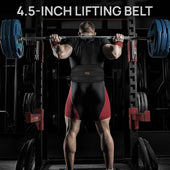
Should Beginners Use a Weightlifting Belt
-
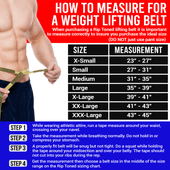
10mm vs 13mm Belt Thickness: The Complete Guide
-

Prong Buckle vs Lever Buckle Belts: The Ultimate Comparison Guide
-

Powerlifting Belts vs Bodybuilding Belts
-

Weightlifting Straps vs. Lifting Hooks: Which is Better?
-

How to Treat Weightlifters Elbow
-

Should You Use Lifting Straps During Bicep Curls for Better Gains?
-

Weightlifting Straps vs. Bare Hands
-

Benefits of Using Weightlifting Straps in Training
-

Mistakes to Avoid When Using Weightlifting Straps
-

Wrist Wraps While Doing Curls
-

Should I Use Wrist Wraps for Bench Press
-

How to Clean Wrist Wraps
-

Are Wrist Wraps Necessary
-

The Ultimate Deadlift Guide: From Form to Performance
-

What Exercises to Use Wrist Wraps For?
-

Are Wrist Wraps Cheating on Bench?
-

Do Wrist Wraps Make You Stronger?
-

Do Wrist Wraps Help With Grip Strength
-

When to Start Using Wrist Wraps
-
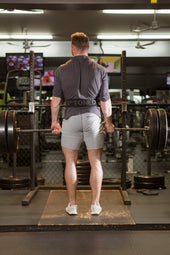
Best Weightlifting Belts 2025: Ultimate Buyer's Guide
-
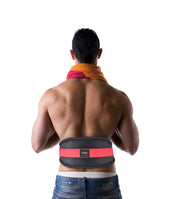
How to Measure for a Weightlifting Belt
-

Can Wrist Wraps Boost Your Grip Strength in Weightlifting?
-

Should You Use Wrist Wraps for Bench Press and Overhead Press?
-

Do Wrist Wraps Help with Wrist Pain During Strength Training? Find Out Here
-

How Can Wrist Wraps Prevent Injury During Heavy Lifting?
-
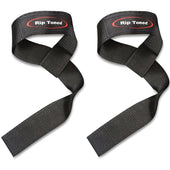
How Do You Use Weightlifting Straps: A Simple Guide for Better Lifts
-

How to Pick a Lifting Belt: A Practical Guide for Every Lifter
-

How to Measure for Lifting Belt
-

Do Weight Lifting Belts Help Lower Back Pain
-

Do I Need a Lifting Belt
-
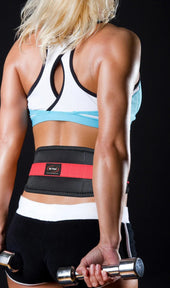
Purpose of Weight Lifting Belt
-
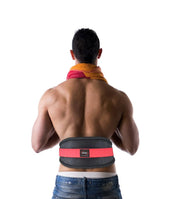
When to Use a Lifting Belt
-

What Does A Lifting Belt Do
-

What Do Wrist Wraps Do For Lifting
-

How To Wrap A Wrist For Carpal Tunnel
-

How To Wrap Wrist For Pain
-

What Are Wrist Wraps For
-

How Do You Use Weightlifting Straps
-

Why Is Mental Focus Important in Powerlifting? The Key to Peak Performance
-

Can Bodybuilding Help with Fat Loss? Discover Proven Benefits
-

Mastering the Basics: How to Improve Your Powerlifting Technique
-

Why Is Proper Form Crucial in Powerlifting? Tips for Safe and Effective Lifting
-

Can Powerlifting Increase Athletic Performance? Exploring Strength Gains and Sport Benefits
-

Top Tips on How to Avoid Common Injuries in Bodybuilding
-

Why Is Recovery Essential in Bodybuilding: Key Strategies and Benefits
-

Can Powerlifting Improve Overall Fitness? Explained
-

How Many Deadlifts Should I Do?
-

How Much Can a 17 Year Old Deadlift? Average Weights and Tips
-

Why Aren’t My Arms Growing as Fast as My Chest? Top Reasons Explained
-

How to Do Back Compression Deadlift: Best Tips for Pain-Free Lifting
-

Why Is My Bench Press Not Increasing
-
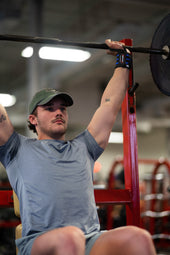
Unlock Your Potential: How to Get Stronger Gradually
-

Unlock Muscle Growth: Understanding What Is the 6-12-25 Rule
-

5 Lbs of Muscle in a Month? Let's Get Real
-

Get that celebrity booty in 10 easy to do work out routines
-

A.M. vs P.M. Workouts
-
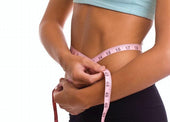
Fasting Do’s and Dont's
-

5 Surprising Sources of Protein
-
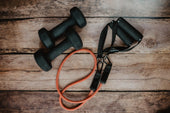
Home Workout Upgrade Must-haves
-
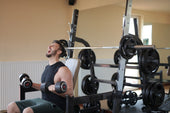
Top 5 Reasons You Aren’t Reaching Your Weightlifting Goals
-
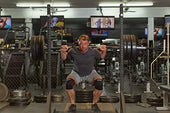
Squats: A Must in Weightlifting and for Strength Training
-

Weightlifting Routines for Men, Women and Beginners
